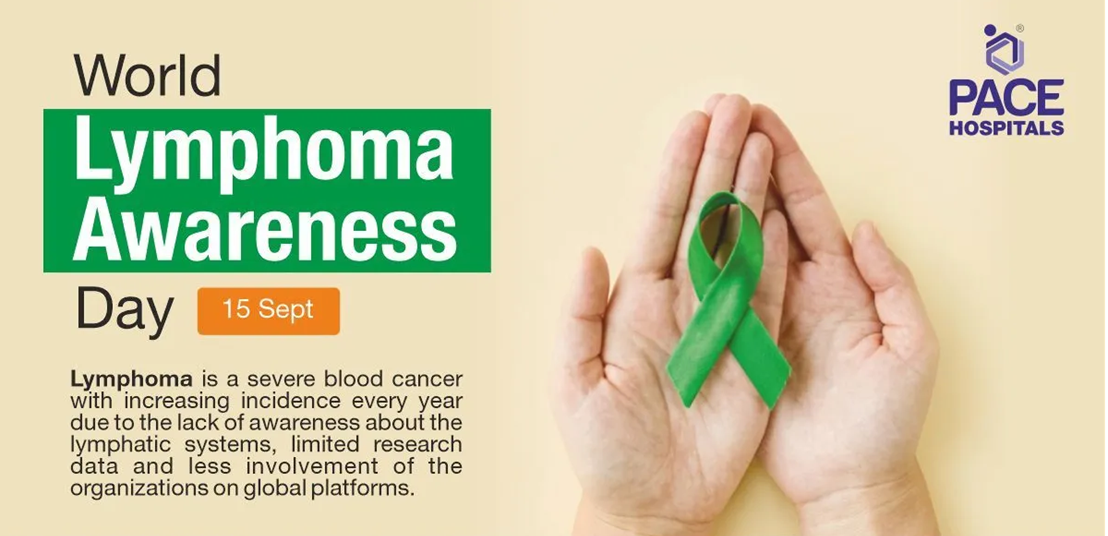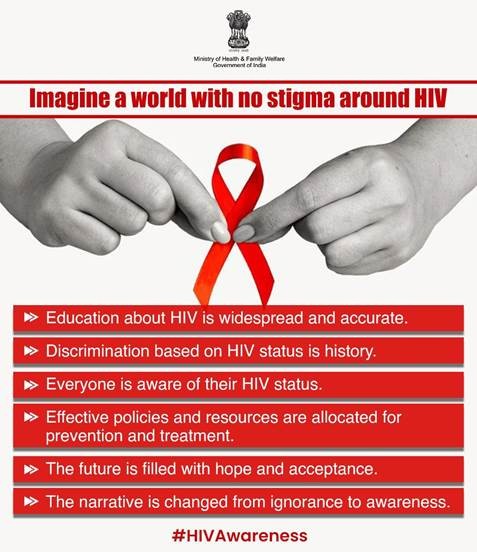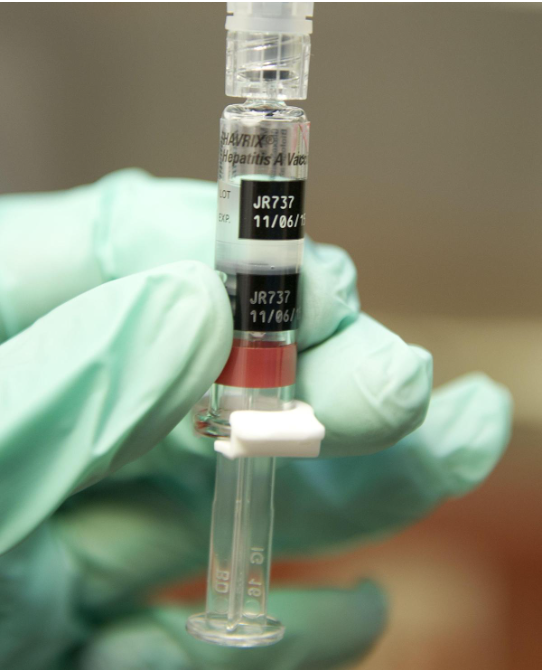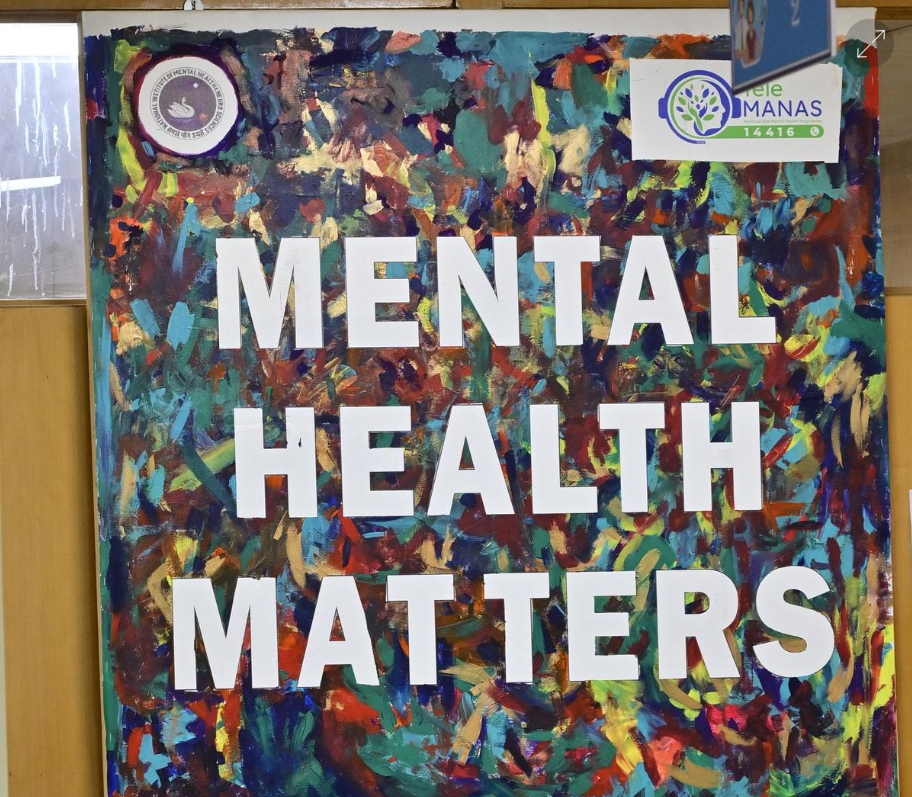Description

Copyright infringement not intended
Picture Courtesy: www.pacehospital.com
Context: World Lymphoma Awareness Day is observed every year on September 15th with the objective of raising awareness about lymphoma, a type of cancer that affects the lymphatic system.
Details
- World Lymphoma Awareness Day is a day dedicated to educating people about lymphoma, a type of cancer that affects the lymphatic system. The lymphatic system comprises white blood cells or lymphocytes, and when these cells become cancerous, it leads to lymphoma. There are two main types of lymphoma: Hodgkin lymphoma and non-Hodgkin lymphoma (NHL).
- The theme for World Lymphoma Awareness Day in 2023 is "We Can’t Wait to Focus on Our Feelings." This theme highlights the psychological and emotional challenges that lymphoma patients often face.
- The history of World Lymphoma Awareness Day dates back to 2004 when the Lymphoma Coalition, a non-profit organization, initiated the idea of recognizing this day. Over time, the concept gained widespread popularity, and now it is celebrated annually on September 15th around the world.
Key objectives of World Lymphoma Awareness Day (WLAD)
- Increasing Public Awareness: Educating the general public about lymphoma is essential for promoting early detection. When people are aware of the symptoms and risk factors associated with lymphoma, they are more likely to seek medical attention if they notice any concerning signs. This increased awareness can ultimately save lives by leading to earlier diagnosis and treatment.
- Promoting Early Diagnosis: Early diagnosis is often the key to successful treatment outcomes in lymphoma. By encouraging individuals to pay attention to their health and promptly consult healthcare professionals when they experience potential lymphoma symptoms, WLAD contributes to timely interventions that can improve patient's prognosis and quality of life.
- Empowering Patients and Families: Lymphoma can be a challenging journey for patients and their loved ones. Empowering them with knowledge about the disease, available treatment options, and the importance of seeking expert care from lymphoma specialists can help them make informed decisions about their healthcare. Additionally, access to support networks, information, and the latest research advances can provide emotional and practical assistance to those affected by lymphoma.

Lymphoma
About
- Lymphoma is a type of cancer that originates in the lymphatic system. The lymphatic system is a vital part of the body's immune system, consisting of lymph nodes, lymphatic vessels, and lymphocytes (white blood cells).
- Lymphoma occurs when these lymphocytes, particularly B-lymphocytes and T-lymphocytes, undergo abnormal changes and start growing uncontrollably.
Symptoms of Lymphoma
- The most common early sign is painless swelling of lymph nodes in the neck, armpits, or groin.
- Persistent fatigue and weakness that do not improve with rest.
- Unexplained fevers that come and go without an apparent cause.
- Profuse sweating, particularly at night, leads to drenching sheets and clothing.
- Significant and unintentional weight loss over a short period.
- Pruritus (itchiness) without any apparent skin condition.
- A diminished desire to eat is often associated with weight loss.
- Some individuals may experience pain or discomfort in the lymph nodes or the abdomen.
- In cases of mediastinal lymphoma, which affects the chest area, breathing difficulties may occur.
Cure and Treatment
Chemotherapy
- Chemotherapy involves the use of powerful drugs to either kill cancer cells or slow down their growth. These drugs can be administered orally or through intravenous infusion.
- Chemotherapy is often used as a primary treatment for lymphoma, and the specific drugs and regimen used may vary depending on the type and stage of lymphoma.
Radiation Therapy
- Radiation therapy employs high-energy X-rays or other forms of radiation to target and destroy cancer cells. It is particularly effective in treating localized lymphomas or areas where lymphoma cells have clustered.
- Radiation therapy is a localized treatment and may be used alone or in combination with other therapies.
Immunotherapy
- Immunotherapy is a treatment approach that harnesses the body's immune system to recognize and attack cancer cells.
- Monoclonal antibodies, checkpoint inhibitors, and CAR T-cell therapy are some examples of immunotherapies used in the treatment of lymphoma. These therapies can be effective in certain types of lymphomas, especially when other treatments have been less successful.
Stem Cell Transplantation
- Stem cell transplantation, also known as a bone marrow transplant, is a procedure where damaged or diseased bone marrow is replaced with healthy stem cells. This treatment is typically used in cases of aggressive lymphomas or when high-dose chemotherapy or radiation is necessary.
- There are two main types of stem cell transplantation: autologous (using the patient's stem cells) and allogeneic (using donor stem cells).
Targeted Therapy
- Targeted therapy involves the use of drugs that specifically target molecules or pathways involved in the growth and survival of cancer cells. These therapies are tailored to the specific genetic or molecular characteristics of the lymphoma.
- Targeted therapies can be highly effective and have fewer side effects compared to traditional chemotherapy.
Watchful Waiting
- Watchful waiting, also known as active surveillance, is a strategy used for slow-growing or indolent lymphomas. Instead of immediate treatment, doctors closely monitor the patient's condition over time.
- Treatment is initiated if the lymphoma begins to progress or causes symptoms. This approach helps avoid unnecessary treatment and its associated side effects.
Summary
- World Lymphoma Awareness Day is a global initiative to increase awareness about lymphoma, support patients, and provide accurate information about the disease. It plays a crucial role in early detection and improving the overall well-being of individuals affected by lymphoma.
- Lymphoma is a type of cancer that affects the lymphatic system, with symptoms including enlarged lymph nodes, fatigue, fever, and night sweats. Treatment options range from chemotherapy and radiation therapy to immunotherapy and stem cell transplantation.
|
PRACTICE QUESTION
Q. What is the theme for World Lymphoma Awareness Day in 2023?
A) Lymphoma: A Global Challenge
B) Uniting Against Lymphoma
C) We Can't Wait to Focus on Our Feelings
D) Lymphoma Awareness Matters
Answer: C
Explanation: The theme for World Lymphoma Awareness Day in 2023 is "We Can’t Wait to Focus on Our Feelings." This theme highlights the psychological and emotional challenges that lymphoma patients often face.
|
https://www.thequint.com/fit/world-lymphoma-awareness-day-2023-theme-date-history-significance-activities-and-more
https://t.me/+hJqMV1O0se03Njk9











